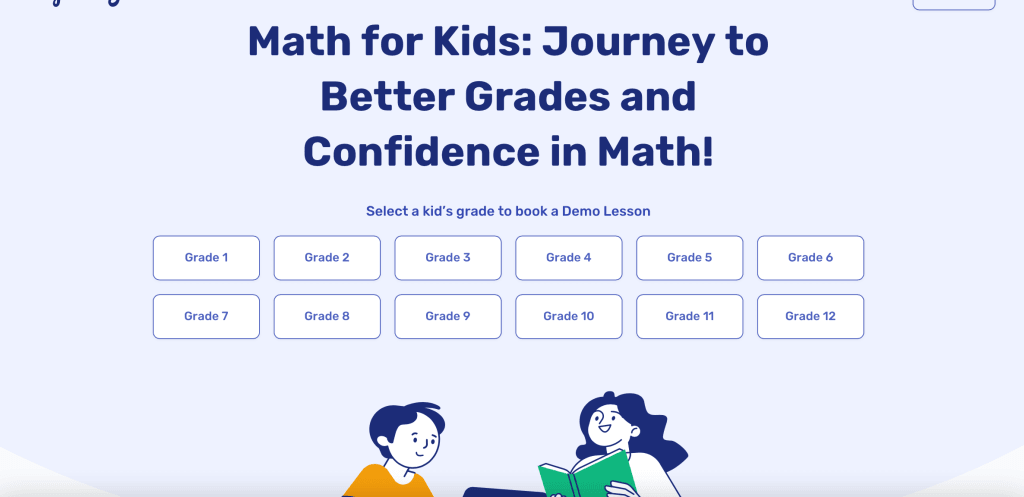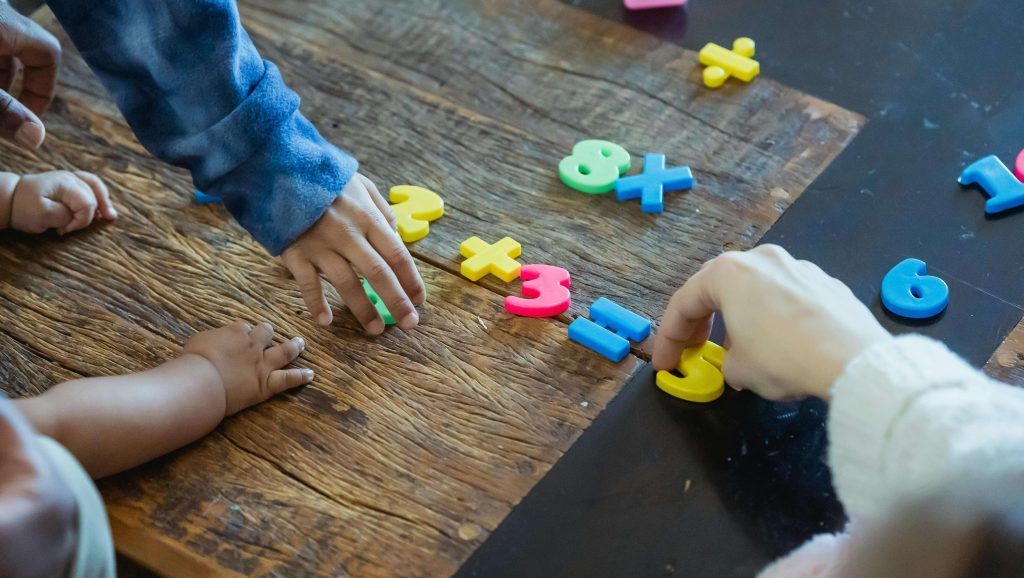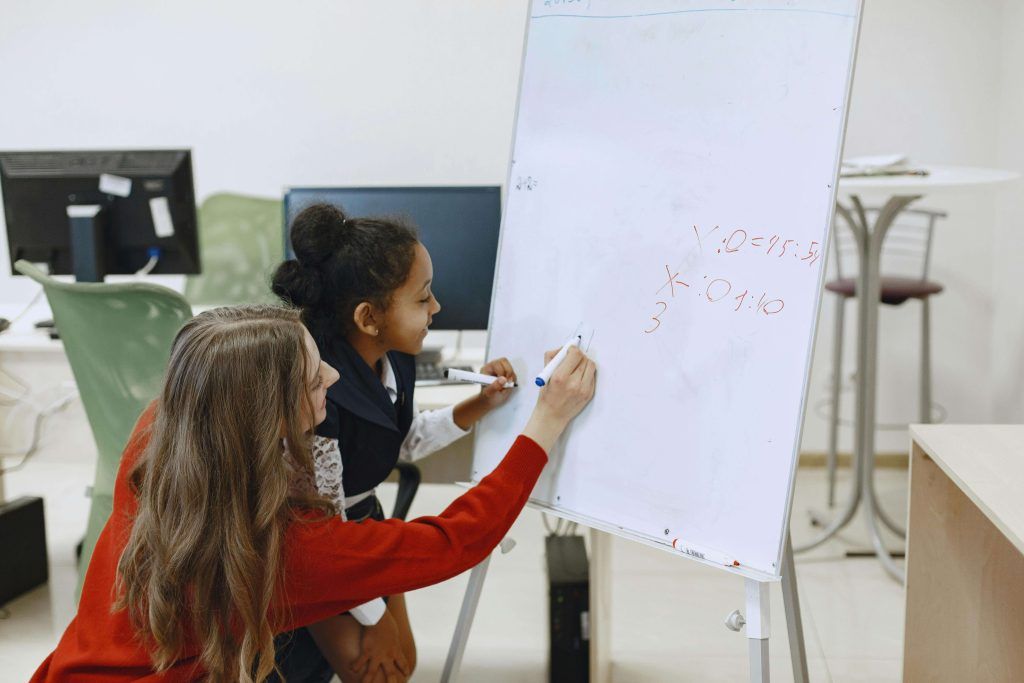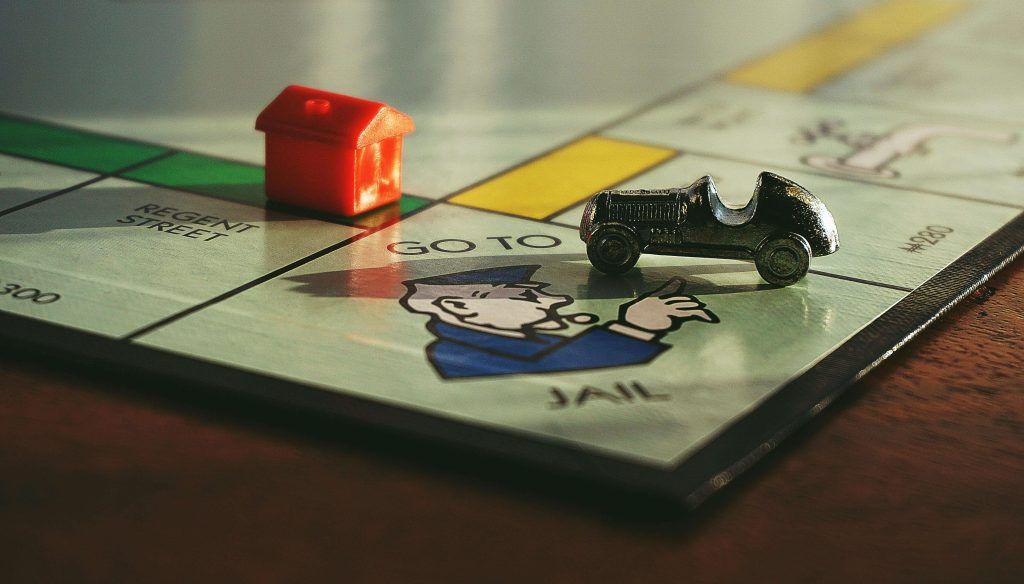How to Improve Math Skills
reviewed by Jo-ann Caballes
Updated on July 3, 2024
US teachers say that 40% of students perform below their grade level. “How can I be better at math?” is a common question asked by kids and parents.
It’s clear that many kids need to increase their math skills, and there are a lot of ways they can do that.
In this article, we cover tips and tricks to improve your child’s math skills.
How to improve at math
“To help your child improve their math skills, it is essential to engage with the child’s school and support kids with math enrichment outside of school.”
I also recommend becoming familiar with the common core standards for your child's math grade level. Knowing those content standards helps you better understand what your child is expected to master.
Once you have read them, then reach out to your child's teacher to find out what mastery looks like.
- What are the exact activities your child will be expected to perform on homework and tests?
- What skill-building activities can you do at home to support that mastery?
Prior to that meeting, parents should also review each textbook that their child receives and ask if there are publisher resources that can help you as you help your child.
Improve math skills with Brighterly
Brighterly offers tutoring and math lessons for kids and teens who need math support. If your elementary, middle or high schooler is really struggling with math, or you want to prepare them for their next grade to give them a head start and improve their math grades, tutoring is the way to go.

Brighterly’s online math tutors work with children from grades 1–12 to increase math skills and confidence. Our engaging lessons feature games, puzzles and activities to make learning exciting and entertaining.
Importantly, with Brighterly, your kids don’t just learn by rote – they learn how to understand and apply key math concepts. This makes math less boring and gives them the deep knowledge they need to improve their math grades.
We also have a range of math worksheets for kids from preschool to 8th grade.
How to improve basic math skills
To improve basic math skills, your child should first learn basic math concepts.

Here, we’ve covered the main basic math skills your kid needs, and the math activities that will help them be better at math and improve these basic skills 👇
How can you help your child improve their math?
Concept |
Skills |
Ways to improve math skills |
| Arithmetic |
|
|
| Geometry |
|
|
| Algebra |
|
|
| Statistics |
|
|
| Trigonometry |
|
|
| Precalculus and calculus |
|
|
Once your child has understood these core concepts, they can begin to boost their basic math skills and improve math grades.
5 things you can do to improve your math skills
- Show your working out
- Become the math teacher
- Visualize your math problems
- Apply math in your daily life
- Gamify your math learning
Here are the best ways to improve math skills, so your youngster no longer needs to ask how they can be better at math.

#1 Show your working out
Ever wondered why tactics like long division are so effective? It’s because you’re working out your problem as you go and you can see what you’ve done at every stage.

While mental math is a key skill, especially for basic sums, not everything has to be done mentally. Helping your kid solve problems in stages can also help them identify where they went wrong if they don’t solve the problem correctly.
Showing your working out can also help your kid master more complex operations or sums. It’s a win-win!
#2 Become the math teacher
Have you heard of the protégé effect? It’s the effect of solidifying your own learning as you teach another person.

This method is so effective because, in order to teach others, you or your kid need to engage deeply with the subject. So if you’re looking for ways to improve math skills for yourself, you can give your young kid a quick lesson on basic math operations.
Your kid can also become better at math by teaching you math skills. They can show you how they solve certain problems or explain different math concepts.
It’s a great way to give them confidence, too – imparting wisdom on a grown-up is a sure-fire way to make your kid feel smart and knowledgeable! This is how can you help your child improve their math.
#3 Visualize your math problems
Not everyone is an analytical problem solver. Some people are visual learners, so your kid can use this to their advantage by visualizing tricky math problems.

This can work in a number of ways. If your kid is a more artistic type, they can use sketches to visualize their problem.
Let’s say they’re working on a scenario-based problem, such as how many apples someone will have if they start with 12 and give away 5. Drawing those apples and manually crossing out or erasing the 5 can help them visualize the numbers.
It’s a great way to increase math skills in your kid by tapping into their skills in other subjects!
#4 Apply math in your daily life
Math is more than just a subject at school. It’s a life skill that everyone needs. Basic math skills are required in everyday life, from paying for groceries to weighing out ingredients for cooking.

It’s useful to be able to quickly calculate numbers in your head. For example, keeping track of the cost of your groceries as you go around the shop or instantly working out the discount on a t-shirt.
Tracee Perryman agrees:
“Look for ways to incorporate recommended strategies from your child's school as well as online resources into your daily routines.”
By actively engaging with real-life math problems, your kid can practice regularly and improve their math grades. Practice makes perfect!
#5 Gamify your math learning
Some kids are just averse to traditional learning because they find it boring. This is especially true when repetition is required to master math concepts. But by incorporating math games into their learning, they can really increase math skills.
Board games are a great way to practice math without even thinking about it. Playing Monopoly helps kids add and subtract numbers quickly and easily, as well as teaching budgeting skills.

Card games can also help kids to flex their math muscles in a way that doesn’t feel like learning. Young kids can play games like match to make 11 to reinforce basic arithmetics. Older kids and teens can master more difficult games like solitaire. As an added bonus, gamified learning can not only help your child improve their math skills and learn new concepts faster, but it also helps them to retain the information for longer!
Tips to improve math skills for you or your child
Here are some quick-fire tips to improve math skills for you and your child:
Note: The key to improving your and your child’s math skills is to stay positive and set realistic goals. Many kids, teens and adults find math challenging - and that’s OK. By taking your learning step by step and breaking it down into manageable chunks, you can boost both your skills.
Challenge each other

Competition between parent and child is a great way to challenge and motivate yourselves. You could do quizzes or time each other when solving complex sums and give a prize to the winner.
Talk it through

Not everyone will grasp the same math concepts in the same way. If they’re struggling with a math operation you understand well, help your child improve their math skills by explaining it. The same goes if your kid has grasped a concept you’re unfamiliar with!
Study together

If you or your kid don’t enjoy math, it can be hard to find the motivation to study. But as well as using game-based math problems to make learning more fun, studying together is a great way to keep each other motivated.
Conclusion
It’s never too late to become better at math – whether you want to improve as a parent or boost your kid’s learning. So if you or your kid is asking, “how can I be better at math?”, you now know the answer.
It’s important to take small, manageable steps – trying to do too much at once won’t help your kid improve their math skills. Having concrete goals and breaking down your learning by math concept or into stages will help you succeed.
Many of our tips on ways to improve math skills make math learning fun, too – and your kid is much more likely to succeed in a subject they enjoy learning!















